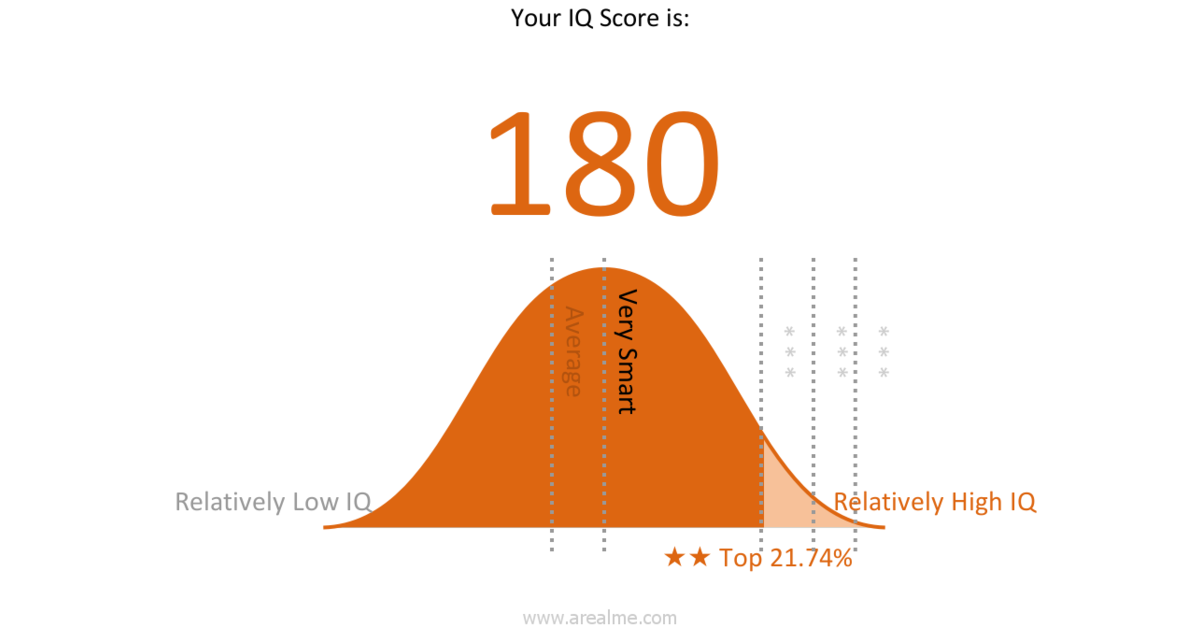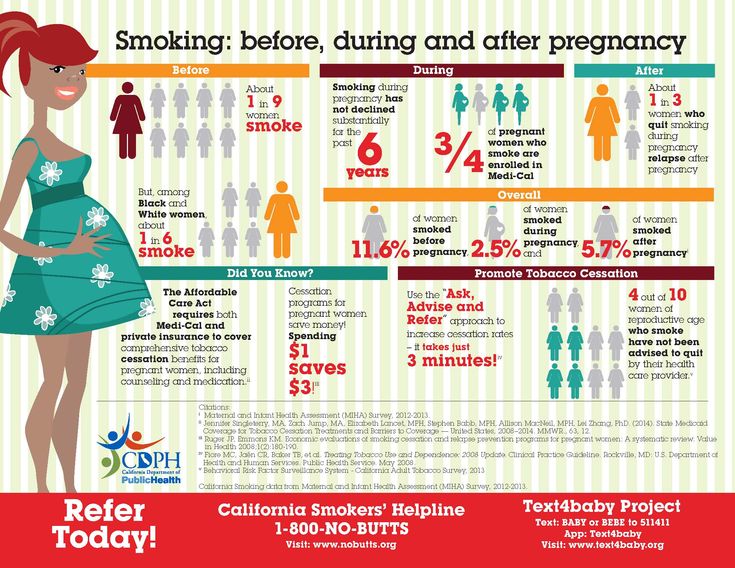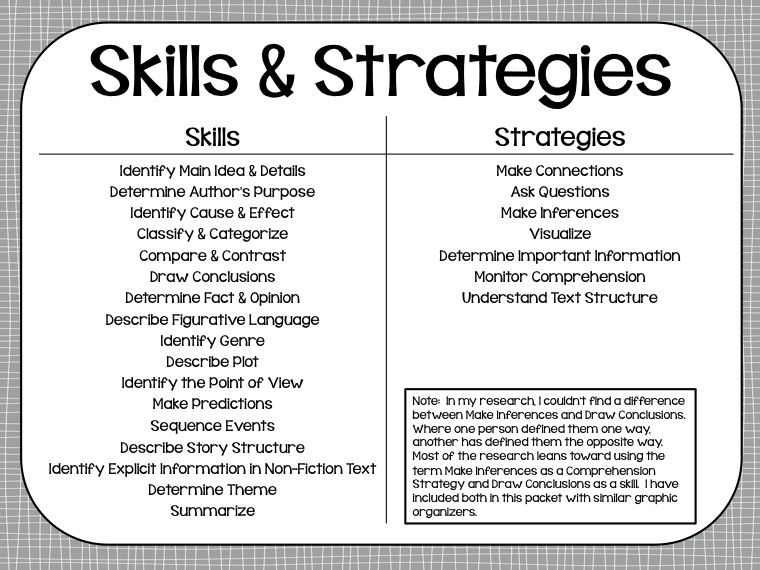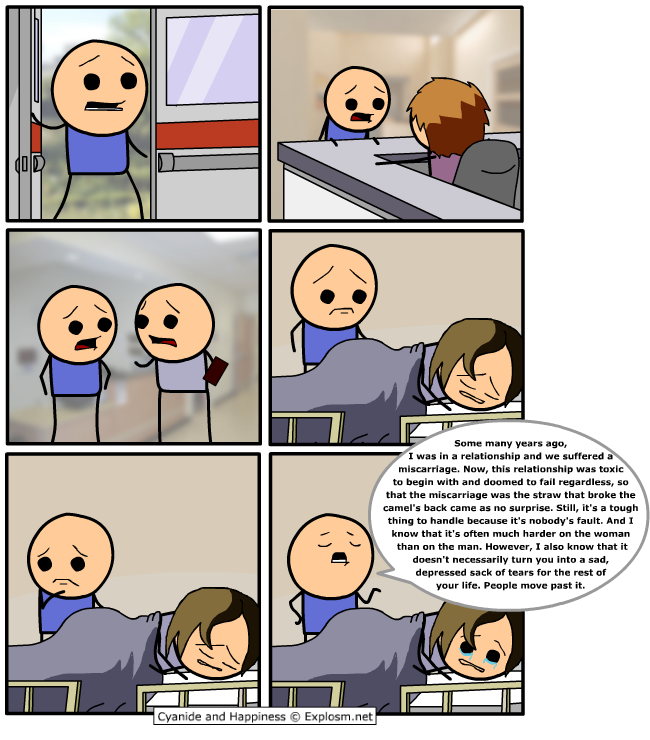How to get your child's iq tested
IQ Tests and Your Child
If you suspect a problem at school or your child complains that he or she is bored or unchallenged in class, it might be beneficial have evidence of his or her learning capacity. The results may help you better understand your child’s specific strengths, weaknesses and potential ability. They also may help your child’s teacher recognize the level of reasoning, knowledge, and skills your child has already mastered so as to appropriately match curriculum and instruction to your child’s abilities. Please visit our site to learn more about assessment.
SHOULD MY CHILD HAVE AN IQ TEST?
If your child is challenged by the learning environment in which he or she is currently placed, there is little reason for requesting additional testing. The teachers in the school are responding to your child’s characteristics and an IQ score will do little to enhance his or her education. On the other hand, if you suspect a problem at school or your child complains that he or she is bored or unchallenged in class, it might be beneficial have evidence of his or her learning capacity. In addition, IQ testing may be helpful in gaining admission to educational opportunities that are available only to students with a demonstrated level of aptitude.
WHAT CAN AN IQ TEST TELL ME ABOUT MY CHILD?
IQ tests assess general intellectual ability, which comprises verbal and logical thinking skills in the most traditional sense. General intellectual ability, as reflected in IQ scores, is the best overall predictor of school achievement and educational success; hence intelligence tests are often one of the assessments used to identify exceptional general intellectual ability in children.
Because it assesses specific logical, spatial, memory, and verbal skills, IQ testing can be helpful if your child is having a problem in school. The results can help determine if your child is underachieving given his or her level of potential or, possibly, suggest the need for further evaluation of a potential learning disability.
WHAT WILL IT NOT TELL ME?
Experts agree that intelligence is multi-faceted, displayed in many different ways, and multiple measures should be used when assessing for giftedness.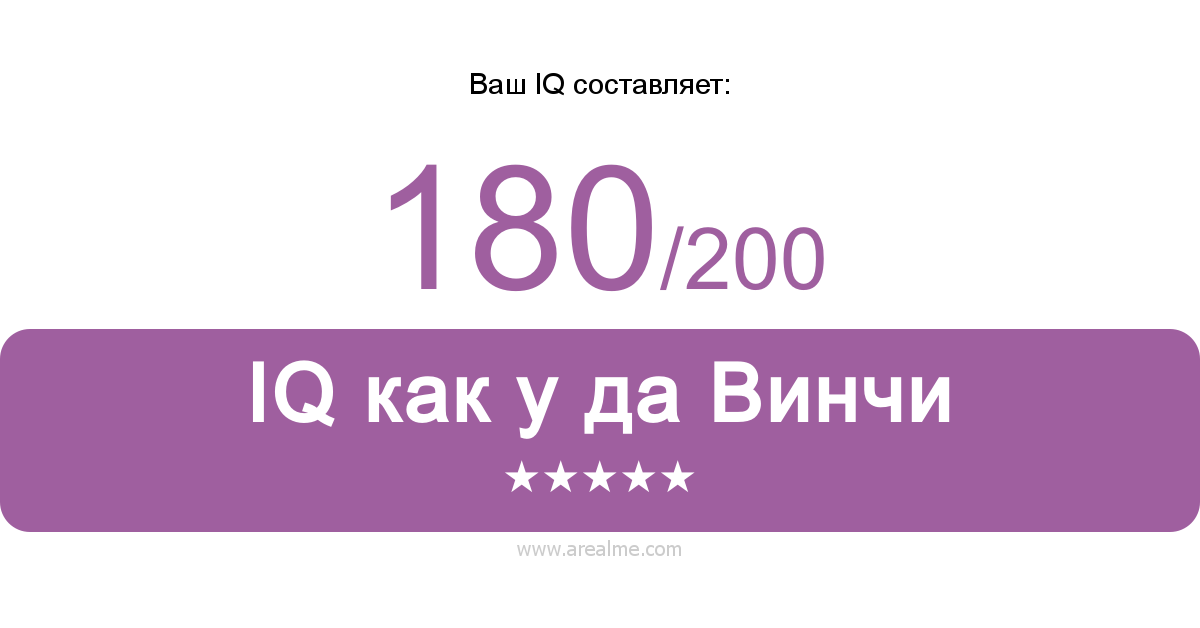 And although helpful in understanding specific cognitive abilities, an IQ score alone does not determine a student’s educational needs, the curriculum most appropriate for him or her, or whether or not he or she will be a good fit for a particular program. For these reasons, IQ testing should only comprise one part of any process for identifying gifted children.
And although helpful in understanding specific cognitive abilities, an IQ score alone does not determine a student’s educational needs, the curriculum most appropriate for him or her, or whether or not he or she will be a good fit for a particular program. For these reasons, IQ testing should only comprise one part of any process for identifying gifted children.
TYPES OF IQ TESTS
Individualized intelligence tests take considerable time to administer and interpret, but they provide the most comprehensive information about overall general aptitude. They must be administered by licensed psychologists or psychometricians. Group intelligence tests often underestimate the scores received on individual tests. If you are requesting that your child be assessed, request that a school psychologist administer an individualized test.
The most widely used individual IQ tests for school-aged youngsters, and the most valid and reliable of the measures are the Wechsler Intelligence Scale for Children – Fifth Edition (WISC-V), the Wechsler Preschool and Primary Scale of Intelligence – Fourth Edition (WPPSI-IV) and the Stanford Binet Intelligence Scales.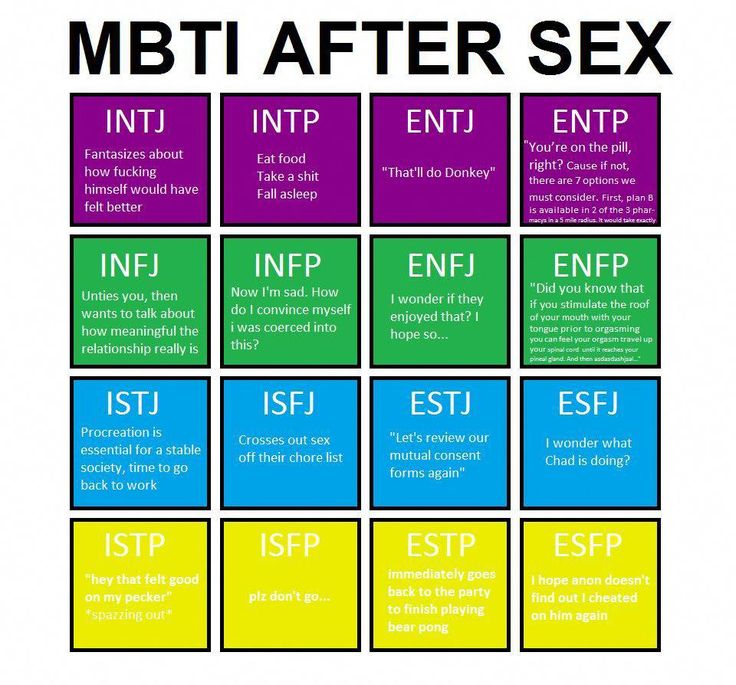
WHAT ARE THESE TESTS LIKE? WHAT WILL THE SCORES MEAN?
Individual IQ tests do not require reading or writing, and each consists of a series of subtests. Some are verbal subtests that are oral questions, usually without time limits. Other subtests are generally visual or spatial in nature, and usually are timed. The test takes about 1 to 2 hours to administer.
The psychologist will use subtest scores to identify relatively weak or strong areas of performance (e.g., verbal ability as manifested by vocabulary or mathematical reasoning ability).
The “Full Scale” or “Composite” IQ score based on all or most of the subtests, is the number most people are referring to when discussing someone’s IQ. (Unless otherwise specified, when “IQ” is mentioned in this column, it will mean Full Scale IQ.)
The developers of IQ tests use mathematical calculations to find the mean or average score. An IQ score from 90 to 110 is generally considered average, corresponding to roughly the middle 50 percent of the population.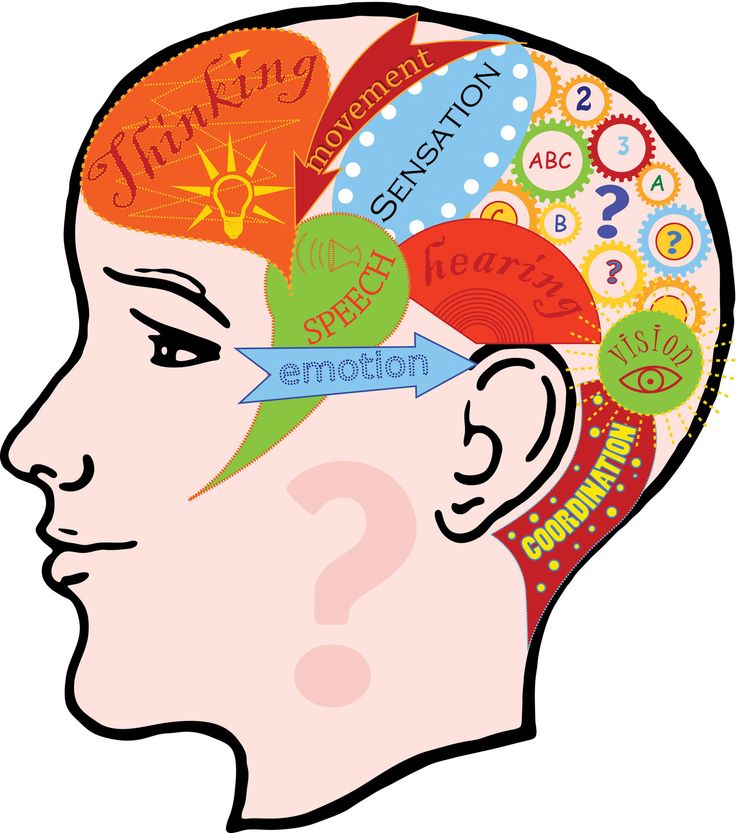 If we just look at the scores at the high end, 2-3 percent of the population will have IQ scores above 130. An IQ score of 145 should occur 0.1 percent of the time or one time in 1,000.
If we just look at the scores at the high end, 2-3 percent of the population will have IQ scores above 130. An IQ score of 145 should occur 0.1 percent of the time or one time in 1,000.
No IQ score should be considered an exact measure of intellectual ability. For example, good guesses may artificially increase an IQ estimate or having a bad day may decrease the estimate. There are many factors that might make an individual score vary a little from one occasion to another on any test. These include anxiety, motivation, rapport with the examiner, and guessing. Hence, psychologists will most often present a range of scores. A psychologist is likely to say, “Your child’s IQ falls in the range 123-137. This is the exceptional range.” This range takes into account the random error of testing.
A WISC IQ score will not be the same as a SB IQ because the test items are different, the children to whom your child is compared are different, and the ideas that underlie the construction of the test differ. However, the scores are highly correlated. That is, children who earn higher scores on one test tend to earn higher scores on the other. Individuals with the same IQ are still very different people, with different strengths and weaknesses, behaviors, and personalities. A child’s IQ score tells us about only one dimension of a person. IQ is not the best measure or predictor for everyone or for all success measures. IQ tests do not measure creativity, leadership, initiative, curiosity, commitment, artistic skill, musical talent, social skills, emotional well-being, or physical prowess – all components which can be included in definitions of giftedness. There is considerable evidence that students who are economically disadvantaged, from ethnic minorities, and/or speak English as a second language generally receive a lower score on IQ tests. This is a fault in the tests, not the students.
However, the scores are highly correlated. That is, children who earn higher scores on one test tend to earn higher scores on the other. Individuals with the same IQ are still very different people, with different strengths and weaknesses, behaviors, and personalities. A child’s IQ score tells us about only one dimension of a person. IQ is not the best measure or predictor for everyone or for all success measures. IQ tests do not measure creativity, leadership, initiative, curiosity, commitment, artistic skill, musical talent, social skills, emotional well-being, or physical prowess – all components which can be included in definitions of giftedness. There is considerable evidence that students who are economically disadvantaged, from ethnic minorities, and/or speak English as a second language generally receive a lower score on IQ tests. This is a fault in the tests, not the students.
Full-scale scores on an IQ test may be lower for a gifted student who also has a learning disability; however a trained psychologist will be likely to see discrepancies in performance on the sub-scales, which may suggest a possible learning disability.
WHAT CAN I EXPECT AS A RESULT OF TESTING?
The results may help you better understand your child’s specific strengths, weaknesses and potential ability. They also may help your child’s teacher recognize the level of reasoning, knowledge, and skills your child has already mastered so as to appropriately match curriculum and instruction to your child’s abilities. The results may also be used by a teacher or other school administrator as the basis for admission to a program for children with similar abilities or interests.
It is also possible that nothing changes for your child as a result of the testing; the outcome is different for every family, and every school with which they are working.
HOW CAN I HELP PREPARE MY CHILD FOR TESTING?
The best ways to help prepare your child for the testing experience include:
• Relaxing. If you are nervous, your child will be too.
• Explaining that the session will involve puzzles and games and most kids find it really fun.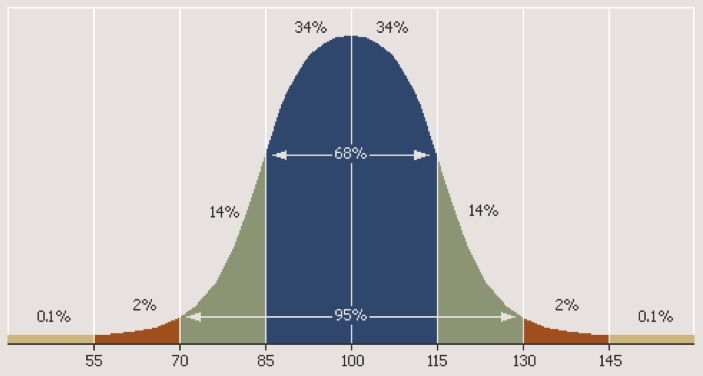
• Noting that the psychologist wants to see how he/she likes to solve problems, so they should just try their best, and feel free to guess if they don’t know the answer.
• Ensuring he/she gets a good night’s sleep the night before and eats a healthy breakfast the day of the test
• After the test, praising his/her effort and allowing some down time. The testing experience can be mentally taxing for some children.
Please do not try to prepare your child by presenting him or her with questions from the IQ test.
These tests are designed to present children with unfamiliar types of problems to see how well they adapt. Therefore, exposing your child to test content would make the testing completely invalid, and he or she would not be able to take another one for at least a year due to the likelihood of remembering items. If your child has taken an IQ test within the past 12 months, please let us know as soon as possible. Also, refrain from offering your child a reward or prize for earning a certain score; instead, praise effort and engagement in the testing session.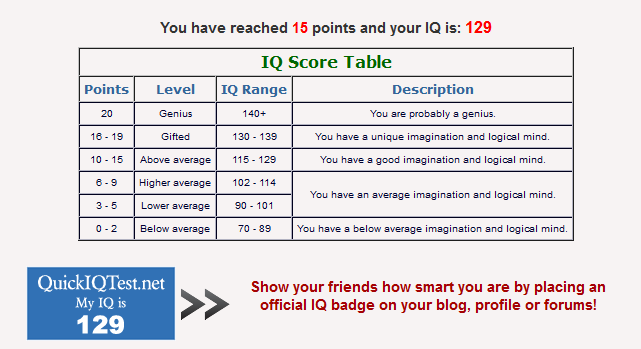
Reference: Callahan, C. M. & Eichner, H. (2010). I.Q. Tests and your child. Washington D.C.: National
Association of Gifted Children. Retrieved October 18, 2010 from
http://www.nagc.org/index.aspx?id=960
Is My Child Gifted? | How to Know if Your Child is Gifted
Determining whether or not your child is gifted is no easy task. As you have likely already discovered, there are a plethora of definitions, characteristics, assessments, theories – a virtual abundance of information. To help parents unravel some of the conflicting information, the Davidson Institute has put together this article summarizing gifted characteristics, the difference between tests and assessments, points to consider in having your child tested or assessed, different types of tests that can be utilized, and tips for locating a professional if you decide to seek a full assessment.
How do I know if my child is gifted?
There are many definitions of giftedness and equally as many ways to formally identify whether or not a child is gifted. Essentially, as NAGC defines in the article “What is Giftedness?”, “Children are gifted when their ability is significantly above the norm for their age.” Students can exhibit gifted abilities in various spheres – creatively, intellectually, musically, academically across the board or in a specific subject area such as math, language arts, or science. The Davidson Institute focuses on serving students with profound intellectual talents.
Essentially, as NAGC defines in the article “What is Giftedness?”, “Children are gifted when their ability is significantly above the norm for their age.” Students can exhibit gifted abilities in various spheres – creatively, intellectually, musically, academically across the board or in a specific subject area such as math, language arts, or science. The Davidson Institute focuses on serving students with profound intellectual talents.
Signs of Giftedness in Children Include:
- an extreme need for constant mental stimulation
- an ability to learn and process complex information rapidly
- a need to explore subjects in surprising depth
- an insatiable curiosity, as demonstrated by endless questions and inquiries
- ability to comprehend material several grade levels above their age peers
- surprising emotional depth and sensitivity at a young age
- enthusiastic about unique interests and topics
- quirky or mature sense of humor
- creative problem solving and imaginative expression
- absorbs information quickly with few repetitions needed
- self-aware, socially aware, and aware of global issues
Gifted children may demonstrate some but not all of these traits; every child is different. To determine the extent of your child’s abilities, testing or a full assessment may provide some of the answers you are seeking. Because there are no federal mandates or national policies requiring gifted education, it is important for parents to review what gifted identification policies and procedures are in place in their area prior to seeking a test or assessment.
To determine the extent of your child’s abilities, testing or a full assessment may provide some of the answers you are seeking. Because there are no federal mandates or national policies requiring gifted education, it is important for parents to review what gifted identification policies and procedures are in place in their area prior to seeking a test or assessment.
Should I have my child tested for giftedness?
Deciding whether you should pursue gifted testing or seek out a full professional assessment will be based on your overall goals and the questions for which you are seeking answers.
In fact, you may find it helpful to jot down the specific questions that led you to seek information about having your child assessed. What do you hope to discover about your child’s abilities? Will you use the results to gain entrance into a specific program? If so, which tests do they accept? Will you share the results with your child’s school? Which tests do they find most informative in understanding a student’s learning profile? Do you have concerns about your child’s performance or behavior?
Educational placement and access to talent development programming are common reasons for seeking an evaluation.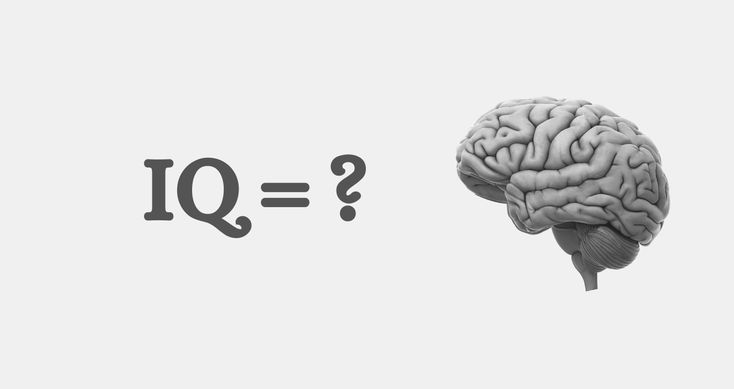 If you are looking for a cost-effective option or are seeking admittance to a specific program, such as a talent search or the Davidson Institute, you may opt for having your child take an above-level test such as the PSAT 8/9, ACT, or SAT. Another option is to speak with a testing professional about administering an individualized test – such as an achievement or intelligence test – without a complete assessment or full report. Choosing this path will not provide much, if any, information other than your child’s scores, but that may be enough to meet your goals.
If you are looking for a cost-effective option or are seeking admittance to a specific program, such as a talent search or the Davidson Institute, you may opt for having your child take an above-level test such as the PSAT 8/9, ACT, or SAT. Another option is to speak with a testing professional about administering an individualized test – such as an achievement or intelligence test – without a complete assessment or full report. Choosing this path will not provide much, if any, information other than your child’s scores, but that may be enough to meet your goals.
On the other hand, if you are looking for a more complete picture of your child’s abilities, strengths, challenges, and needs, experts recommend a comprehensive assessment of the child’s abilities rather than simple testing. The rationale for assessment typically centers on the need for developing an understanding of a child’s relative strengths and weaknesses and how these relate to educational and social settings.
Learn more about the difference between tests and assessments in our article, Gifted Testing and Assessment.
In regards to when to have your child tested, testing is generally believed to be most reliable and most predictive between the ages of six and nine years old. Although many assessments are approved to be administered to children as young as two years old, the consensus among professionals is that there is rarely a need to test before the child is ready to enter school and that testing at younger ages may not provide reliable results.
In the end, remember that test scores or results of a full assessment don’t change who your child is. The results are intended to provide you specific words and tools for better understanding your child. How you use those words and tools is up to you.
Which test should I have my child take?There seems to be little consensus about which tests are most effective, especially when assessing exceptionally intelligent young people. Again, deciding which test is best for your child will partly be determined by your goals.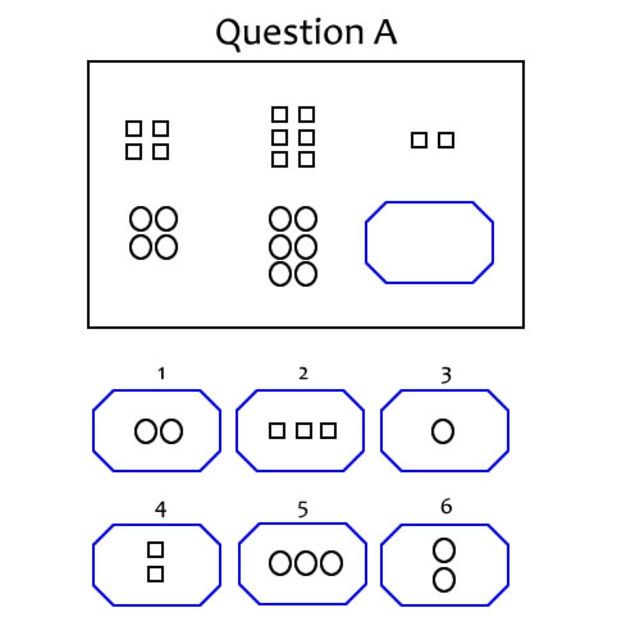 If your child is assessed by a professional, the tester will typically discuss which tests will be used during the assessment based on their knowledge, training on specific tests, and their professional insight regarding the questions and concerns you have presented.
If your child is assessed by a professional, the tester will typically discuss which tests will be used during the assessment based on their knowledge, training on specific tests, and their professional insight regarding the questions and concerns you have presented.
For academic planning, particularly if working with your child’s educators, you may want to find out which tests they are familiar with and will consider when determining how best to meet your child’s needs. Intelligence test scores, for example, may not provide as much information in relation to educational planning as an achievement test that delineates grade and age equivalents, or a proficiency test administered by the school. Parents can also read our article, Special Considerations in Gifted Identification and Assessment, to think through additional concerns and options.
The most widely used intelligence tests have long been criticized by the GT community. These tests were not developed to adequately identify individuals at the extremes. By definition, scores in the profound ranges occur less than one time in a thousand. The statistical infrequency of these extreme scores makes accurate measurement difficult. For this reason, many experts recommend utilizing a variety of tests or test sections to get the best combination of skills assessments.
By definition, scores in the profound ranges occur less than one time in a thousand. The statistical infrequency of these extreme scores makes accurate measurement difficult. For this reason, many experts recommend utilizing a variety of tests or test sections to get the best combination of skills assessments.
Above-level tests are particularly useful for bright students as they provide a higher ceiling, allowing for more accurate assessment of the child’s true abilities. The results of these tests can often be compared to other students of a similar age or grade through talent searches. The PSAT 8/9, designed for students in eight and ninth grades, can be taken by students in third through sixth grade. The SAT or ACT, designed for students in their junior or senior years of high school, can be taken by students starting in the sixth grade.
Out-of-level testing and the talent search model are addressed in the following Davidson Gifted Database articles:
- Eight considerations for mathematically talented youth
- Discovering highly gifted students
- The talent search as an identification model
- Talent Search Opportunities for Gifted Students
We recommend consulting with a therapist or psychologist to discuss and determine what type of testing or assessment might be best fit for your child and your goals. They will be better able to discuss the specifics of available testing and discuss any concerns or questions you may have about specific tests and your child’s profile.
They will be better able to discuss the specifics of available testing and discuss any concerns or questions you may have about specific tests and your child’s profile.
Finding a professional to evaluate your child can be challenging, but there are several resources available. You can start by finding options through our Gifted Testers and Therapists List. Your state’s gifted association, a regional special education advocacy group, a local parent’s group, the state department of education, or your child’s school counselor, psychologist or social worker may also be able to refer you to a local professional. Websites such as Supporting the Emotional Needs of the Gifted (SENG), the 2e Newsletter, and Hoagies’ Gifted provide lists of professionals that have experience working with gifted children.
For more information on where and who to go to for gifted identification, read our article on How to Get Your Child Tested for Giftedness.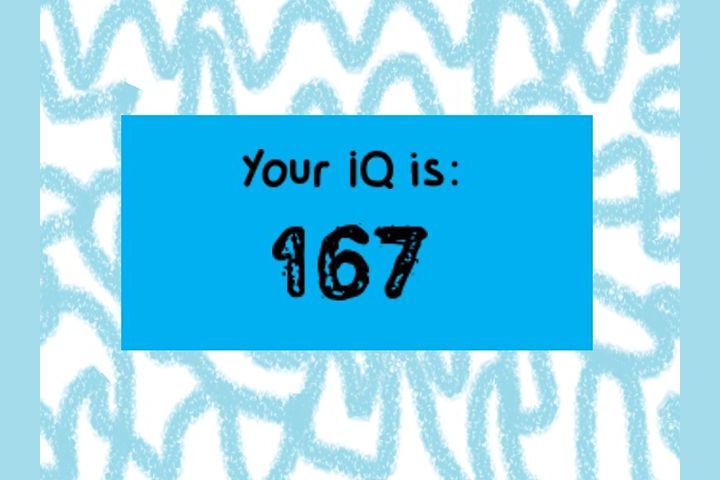
The Davidson Institute has identified certain questions that can be helpful in identifying a knowledgeable professional to evaluate your child. If you receive answers that are not satisfactory to you, you may wish to seek a second opinion or continue your search for a tester. Ideally, you will encounter a very knowledgeable professional, whom you and your child feel comfortable working with, to conduct a comprehensive assessment of your child’s abilities and make specific recommendations. If you are unable to find a local tester, you will need to weigh the relative pros and cons of searching more broadly for an appropriate professional.
Credentials/Training
- What is your training and background?
- Are you licensed and/or certified to practice as a testing professional?
- What do you consider your specific area of expertise to be?
Experience with Gifted Children
- How much experience have you had in testing very bright or precocious children?
- What is your experience in working with a child of this age and with children of advanced cognitive abilities? NOTE: The National Register of Health Service Providers in Psychology, has a list of licensed practitioners that includes their documented areas of expertise.

- Are you licensed to make mental health diagnoses? Are you familiar with the ways in which gifted students can be misdiagnosed, as well as how mental health diagnoses often present in intellectually advanced students? NOTE: See Interview with Marianne Kuzujanakis on Misdiagnosis for more information on this topic.
About the Tests
- What tests do you typically administer in the context of a comprehensive assessment? How do you decide which tests to utilize?
- What is your practice when you don’t get the information you need from a standardized test; how do you gather other types of information about a child?
- If a child reaches the end of a subtest or test, without reaching a ceiling, how do you interpret that and how do you indicate that in your assessment report?
- How do you evaluate issues of underachievement in gifted children?
- What is your experience with “out-of-level” testing?
Information about the Child
- What is the array of tests and information you have or need to have to evaluate my child?
- How much do you want to know about my child’s previous testing? NOTE: The parent should inform the examiner of previous testing the child has had and the results that were obtained, if these are known.
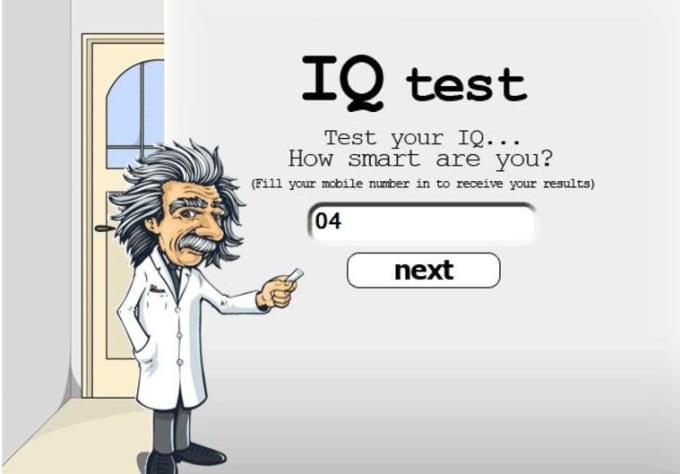 If testing results are discrepant, you can ask for an interpretation of the conflicting results. It would also be helpful for the parent to share evidence of the child’s talents both within the educational as well as home and community settings.
If testing results are discrepant, you can ask for an interpretation of the conflicting results. It would also be helpful for the parent to share evidence of the child’s talents both within the educational as well as home and community settings.
How to Prepare Your Child
- How should I best prepare my child to be assessed?
- How do you prepare my child?
- How long should we expect the assessment to last?
- How are break times determined?
- Is there anything we should bring to the assessment to ensure my child is comfortable?
Using the Results for Educational Planning
- Are you familiar with gifted program eligibility at the state and local level?
- How would you decide if a child is a candidate for grade or subject matter acceleration?
- Are your test reports accepted by local schools and programs for the gifted as part of their admissions process?
- Pragmatically, how can the information you expect to gather be put to use in the service of my child?
- Have you worked with students in my school system before? If so, how would you describe your effectiveness?
- Are you available to explain the educational implications of the test results to school officials? Is there an additional fee for this type of meeting?
Follow-up
- How do you suggest the results be explained to my child? Are you available for discussing this with my child, or will you advise us on how to do this?
- If the results seem inconsistent with what was anticipated, what would be the next course of action?
- What type of follow-up will we receive? Will you be preparing a written report for us? What will be included in this report? When will we receive the report?
- What are your procedures for providing results to my child’s school? NOTE: Some psychologists will provide a “sanitized” report to the school that thoroughly addresses test results and recommendations but doesn’t include information that is unlikely to have a direct benefit for the child in the school setting.
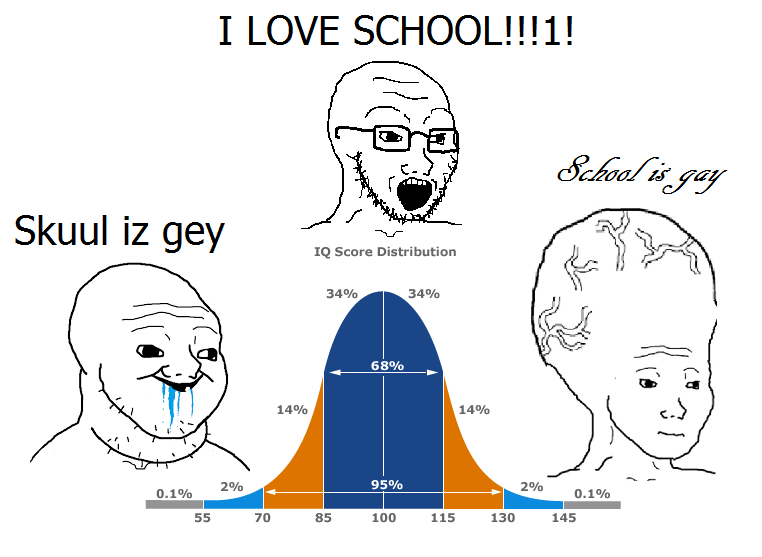 Information on family dynamics and labels, for example, is omitted so that parents have a choice of sharing the full evaluation report with the school.
Information on family dynamics and labels, for example, is omitted so that parents have a choice of sharing the full evaluation report with the school.
More Resources for Gifted Children & Their Families:
- Gifted Programs & Scholarships
- Gifted Testing & Assessment
- Gifted Characteristics
- How to Get Your Child Tested for Gifted Identification
- Special Considerations in Gifted Identification and Assessment
Online IQ test for children aged 8+
Select the desired shape from four numbered ones:
1
2
3
4
Insert a word that would serve as the end of the first word and the beginning of the second. Write the word in capital letters
TEA
Solve the anagrams and eliminate the extra word. Write the word in capital letters
All other words designate dishes: plate, spoon, cup
SUITCASE
Insert the missing number
Subtract the number on the door from the sum of the numbers on the windows
11
Insert the missing word.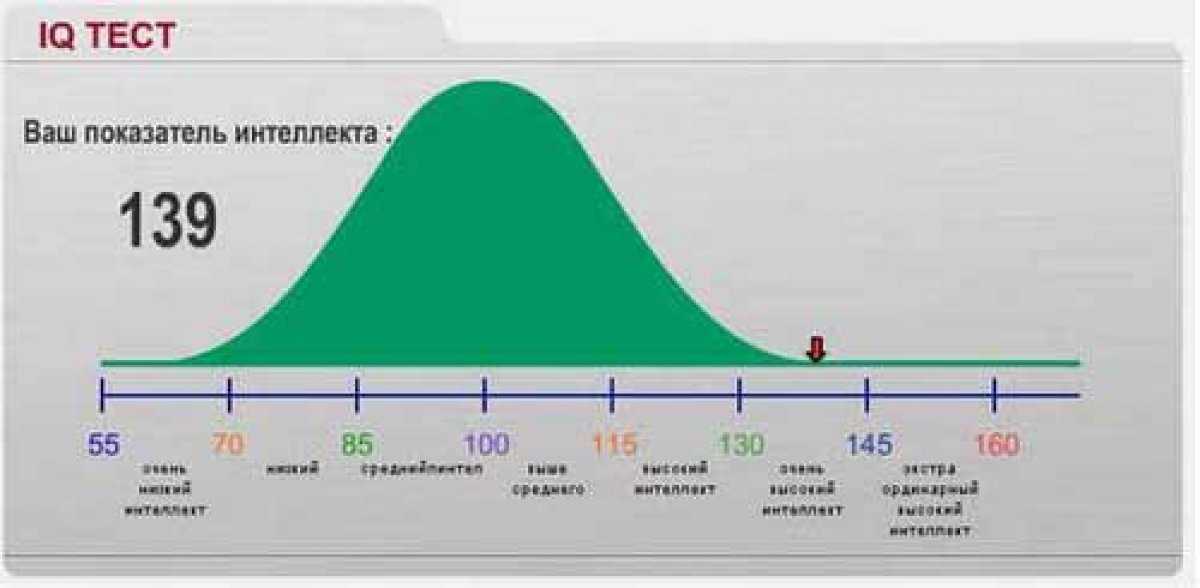 Write the word in capital letters
Write the word in capital letters
1 letter of the missing word is the last letter of the previous word; 2 letter of the missing word is the fourth letter of the previous word; 3 letter of the missing word is the third letter of the next word; The 4th letter of the missing word is the fourth letter of the next word
TOAD
Fill in the missing number
Add all the numbers outside the brackets
21
Continue the series of numbers
Each number is obtained by adding 2 to the previous one and dividing the result by 2
3
Solve the anagrams and eliminate the extra word. Write the word in capital letters
All other words denote household items: table, sofa, armchair
DOUGH
Select the desired figure from the numbered ones
Circle, triangle and square can be both external and internal figures and can be black , white or shaded. Each of these signs occurs only once in a row or in column 9.0003
1
2
3
4
5
6
spot. Each rectangle has two such figures
Each rectangle has two such figures
1
2
3
4
5
6
0003
AND
Insert a word that would end the first word and start the second. Write the word in capital letters
SHOCK
Insert the missing number
The numbers in the left half of the circle are three times larger than the opposite numbers in the right half of the circle
54
Insert the missing number
In each row, the third number is the sum of half of the first number doubled second
11
Insert the missing number
The number in brackets is the difference between the numbers outside the brackets
27
Fill in the missing letters. Write capital letters with a space
the word DOUBT, read counterclockwise
M AND
Select the desired figure from the numbered ones
The circle can be without lines, it can have a horizontal or vertical line. And small circles can be in one of three positions. In addition, they have different hatching
In addition, they have different hatching
1
2
3
4
5
6
Select the desired figure of the six numbered
The third figure of each horizontal series consists of elements of the figures of your row, which are not common for them
9000 12
3
4
5
6
Fill in the missing number
Square the numbers 2, 3, 4, 5 respectively, adding 2 each time
18
Insert the missing number
Double the sum of the numbers outside the brackets
76
Insert the missing word. Write the word in capital letters
1 letter of the missing word is the last letter of the previous word; 2 letter of the missing word is the second letter of the previous word; The 3rd letter of the missing word is the fifth letter of the next word; The 4th letter of the missing word is the fourth letter of the next word
SKIN
Insert a word that would end the first word and start the second. Write the word in capital letters
Write the word in capital letters
LAD
Solve the anagrams and eliminate the extra word. Write the word in capital letters
The remaining words indicate the types of vessels: barge, yacht, boat
SKUNS
Insert a word that would mean the same as the words outside the brackets. Write the word in capital letters
BRUSH
Insert the missing letter. Write capital letters separated by spaces
The word UNITY, read clockwise
E E
Select the desired figure from six numbered ones
There are three types of main figures, each of which has either + or an arrow or x
1
3
3
4
5
6
Select the desired shape from the numbered
There are three types of flowerpots, three types of stems and three forms of flowers. The flowerpot can be white, black or shaded. Each of these features occurs only once in row or column 9.0003
1
2
3
4
5
6
Insert the desired figure from the six numbered
tires facing outward are counted as +1; spikes pointing inward count as -1. In each horizontal row, the last figure is considered as the sum of the previous two figures. Write the word in capital letters
In each horizontal row, the last figure is considered as the sum of the previous two figures. Write the word in capital letters
Letters 1 and 2 of the missing word are the fifth and third letters of the preceding word, respectively, and letters 3 and 4 of the missing word are the first and fifth letters of the following word
GROT
Insert a word that would mean the same as the words outside the brackets. Write the word in capital letters
SCREW
Fill in the missing number
Cube the numbers 1, 2, 3 and 4 respectively
64
Fill in the missing word
Letters 1 and 2 of the missing word are the fifth and first letters of the preceding word, respectively, and letters 3 and 4 of the missing word are the fifth and third letters of the following word, respectively. Write the word in capital letters
The rest of the words denote parts of the house: wall, roof, window
TUESDAY
Fill in the missing letter and the missing number. Write a capital letter and a number separated by a space
Write a capital letter and a number separated by a space
Letters go in alphabetical order through one alternately in the numerator and denominator. The numbers corresponding to the ordinal number of these letters in the alphabet are arranged in a similar way
F 7
Insert a word that would mean the same as the words outside the brackets. Write the word in capital letters
LIP
Insert the missing word. Write the word in capital letters
Letters 1 and 2 of the missing word are the first and fourth letters of the previous word, respectively, and letters 3 and 4 of the missing word are the second and third letters of the next word, respectively
ROSA
Select the desired shape from the six numbered
In each row and column, there are three types of different balls, three head shapes, three boot shapes, and three hand positions. Those shapes and positions that are not in the first two drawings of the third row should be in the missing figure
1
2
3
4
5
6
Choose the desired figure from the six numbered triphas 9002 Yes 9002 skirts, three hand positions, three types of shoes
1
2
3
4
5
6
Select the desired figure of six numbered
The second and third figures of each row contain one of the elements located inside the first figure, which are 90 degrees
1
2
3
4
Low level of intelligence
Based on the responses, the level of intellectual development of the child is below average. Do not be upset, this is a fairly common indicator. Such children study well at school and universities, but do not show special abilities. However, intelligence can be trained and developed, then such tests will become easier. What score will your friends get on the IQ test? Share the link with them to find out! nine0003
Do not be upset, this is a fairly common indicator. Such children study well at school and universities, but do not show special abilities. However, intelligence can be trained and developed, then such tests will become easier. What score will your friends get on the IQ test? Share the link with them to find out! nine0003
Average level of intelligence
Based on the answers, the child has an average level of intellectual development. This is a common indicator that indicates that a child can achieve certain heights, but one cannot count on outstanding success. However, intelligence can be trained and developed, then such tests will become easier. What score will your friends get on the IQ test? Share the link with them to find out!
High level of intelligence
Based on the responses, the level of intellectual development of the child is above average. Such children are usually extremely industrious and inquisitive, they are drawn to new knowledge and retain these qualities all their lives.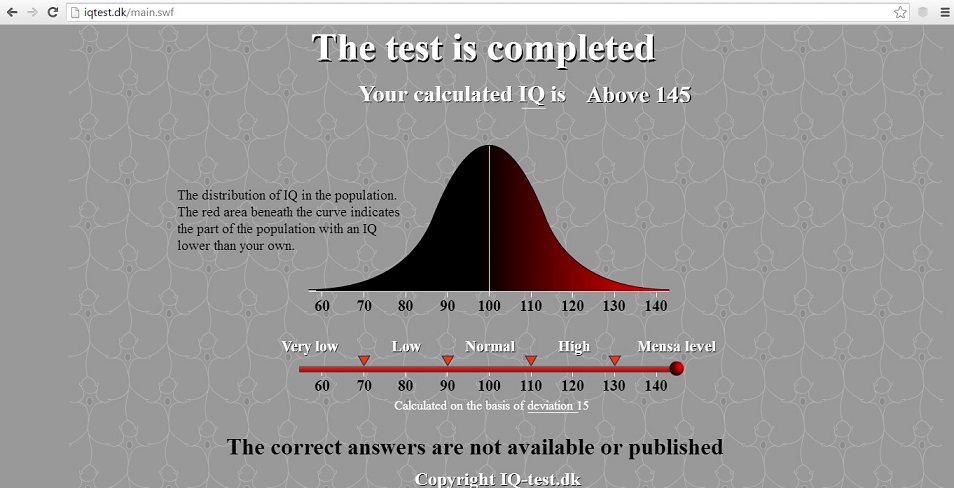 This indicator is not very common, which indicates special abilities and high results in education. What score will your friends get on the IQ test? Share the link with them to find out!
This indicator is not very common, which indicates special abilities and high results in education. What score will your friends get on the IQ test? Share the link with them to find out!
IQ test for children
- 1.- How to find out what level of intelligence a child has? nine0346
- 2.- Why evaluate children with an IQ test?
- 3.- IQ test for children aged 2 to 3
- 4.- What are the most commonly used tests to measure the intelligence of children aged 2 to 3?
- 5.- BATELLE: Development inventory
- 6.- BAS II: Intellectual Ability Scale
- 7.- Intelligence test for children from 4 to 6 years old
- 8.- How can I find out the mental age of a child between 4 and 6 years old? nine0346
- 9.-How to calculate the IQ of a child from 4 to 6 years old?
- 10.- What is the Wisc test for children?
- 11.
 - How is the WISC test different from other intelligence tests?
- How is the WISC test different from other intelligence tests? - 12.- Who is the WISC intelligence test for?
- 13.- How do you know if a child is gifted?
How to find out what level of intelligence a child has?
To calculate the IQ of a child :
- Apply intelligence test to an infant.
- Locate the child's mental age according to the score.
- Divide mental age by chronological age and multiply by 100.
Let's look at an example:
- An 8-year-old child takes an intelligence test and scores 120 points.
- According to the historical information of the test, if the average score of 10 year old children is 120. Then the mental age of the infant who passed the test would be 10 years old. nine0346
- We divide the mental age by the child's chronological age: 10/8 = 1.
 25
25 - Finally, multiply by 100: 1.25 * 100 = 125.
- The kid has an IQ of 125 and we can say that he is way above average. ( world average IQ: 100).
Remember that real intelligence tests are administered by professionals and are scientifically validated tests.
However, if you notice certain qualities or deficiencies in the mental development of your child, you can apply home intelligence tests or IQ test with pictures like those you can find on the internet.
Please note that all informal IQ tests will only give you an estimate of your child's IQ. This will help you understand your child's mental development and their capacity for analysis and association.
Why evaluate children with an IQ test?
In general, parents become interested in taking an IQ test of their children when they notice certain skills that indicate very high or very low intelligence. nine0003
nine0003
However, don't wait too long to inquire about a child's mental development. Because the sooner certain negative or positive skills are identified, the sooner they will be stimulated to learn.
Many highly intelligent or highly intelligent people grow up thinking they are different or have a special problem .
This causes them:
- Social exclusion and
- lack of empathy,
Limiting their ability to make decisions and develop in society, because they do not know how people work, and the world in general.
Having identified your intellectual abilities as a child, you could:
- Focused on developing skills in which you excel.
- Find an academic group that best suits your abilities.
On the other hand, possible delays or deficiencies in mental development can also be identified. nine0003
These defects can be treated and taught in time if they are detected at an early age, giving the child a normal life.
As you can see, intelligence tests are vital, especially in childhood.
Today, with the ease that the Internet provides us with, we have no excuse for not getting information and accessing one of them on the Internet.
It is always nice to see how things are with our ability to analyze and associate, and this is possible from the comfort of our home. nine0003
You can solve the following intelligence test and get your IQ score in a few minutes.
IQ test for children 2 to 3 years old.
For the assessment of intelligence in children 2 to 3 years of age, tests with very specific characteristics are used, different from the IQ tests for adults must be used.
Paying attention to the details of how children learn is very important for early identification of big opportunities or delays that should not be the reason for labeling. but to improve their skills and obtain the knowledge required of them according to their intellect.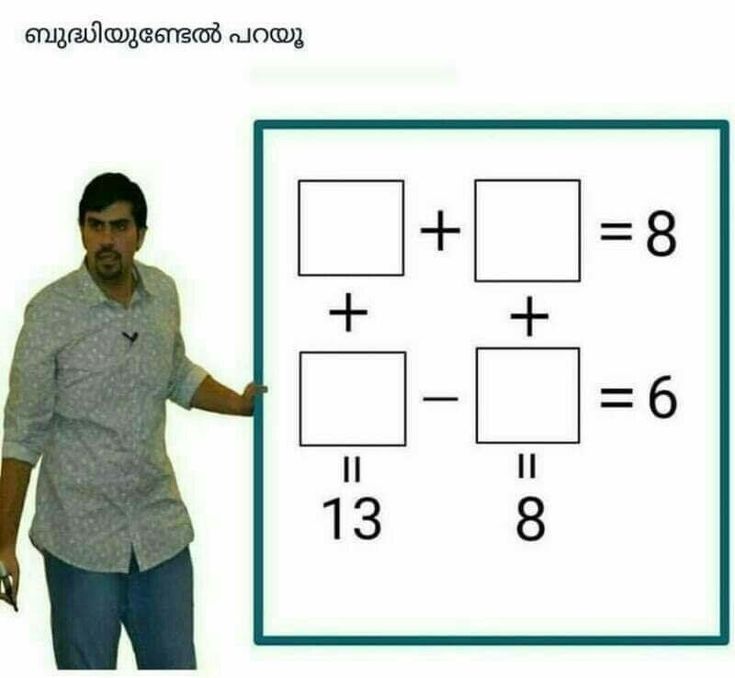 nine0003
nine0003
The first thing to consider if we want to evaluate a child's intelligence is closely monitors their learning time compared to the average learning time of other children their age.
For example, if the child:
- Advise to go to the bathroom before 10 months.
- Can speak at 2 years old.
- Learns to walk at 9 months.
- Able to breed up to 4 years.
These are some of the signs that may indicate that your child is a gifted child , or otherwise constitute a handicap.
What are the most commonly used tests to measure the intelligence of children 2 to 3 years of age?
Next I will mention 2 types IQ test for measuring intelligence in children aged 2 to 3 :
BATELLE: Development Inventory
Designed for children aged 0 to 8 years.
It measures children's skills in areas of development such as:
- Personal nine0345 Social
- Adaptive
- Motor
- Communication
- Cognitive
There are 3 ways to make a diagnosis:
- Structured exam.
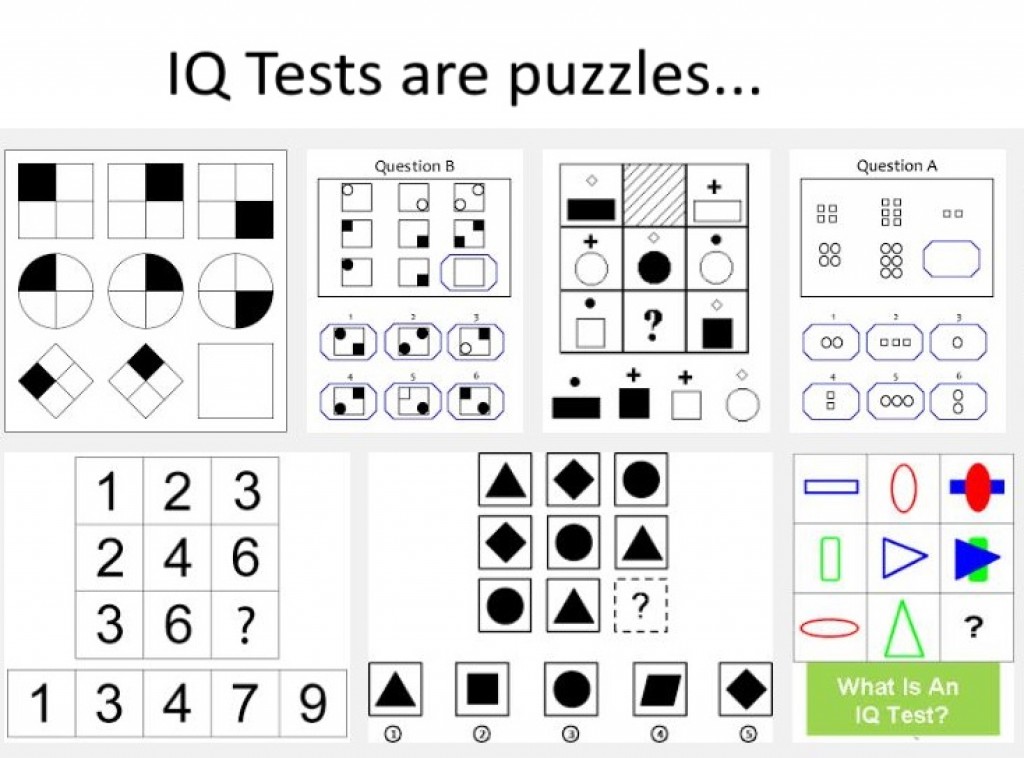
- Observation in the classroom or at home.
- Information provided by parents, guardians or teachers.
BAS II: Intelligence Scale
Aimed at children from 2 years 6 months to 5 years 11 months. nine0003
It allows deep measurements:
- Intellectual skills and
- Educational performance.
The BAS II provides IQ results in general, but also provides us with specific intelligence indices such as:
- Verbal and Spatial Index
- Perceptual thinking
- Non-verbal reasoning nine0371
- How smart are our children?
- There are intelligence tests for children from 4 to 6 years old ? nine0371
- You should do your best and
- has no time limits.
- Head
- Legs
- Hands
- Body
- Shoulder
- Hips nine0345 Necks
- Eyes
- Nose
- Mouth
- Hair
- Clothes
- Fingers
- Correct number of fingers
- Hands (distinguish fingers)
- Legs
- Ears
- Eyebrows
- Students
- Divide the mental age determined in the previous step by the child's chronological age.
- Then multiply by 100 and get an approximate IQ. nine0345 If the resulting IQ is greater than 100, the child's intelligence is above average.
- If it is much less than 90, it is advisable to consult a specialist to confirm the diagnosis of possible mental retardation or insufficiency.
- Verbal comprehension
- Visuo-spatial abilities
- Free reasoning
- Working memory
- Processing speed
- Quantitative reasoning.

- Auditory working memory.
- Non-verbal memory.
- Total capacity.
- Cognitive competence.
- Is it easy for a child to learn on his own? nine0345 Did the child say his first word at about 6 months and his first sentence at about a year?
- Was the child able to carry on a simple conversation after a year and a half?
- Did the child already know the letters of the alphabet at the age of 2 and a half?
- Did he/she learn to read earlier than his/her siblings and much earlier than you expected?
- Does the child ask a lot of questions about everything around?
- Is the child very creative? nine0346
- Does the child usually have concerns about morality or justice?
- Is the child very bored in class because he already knows the topics?
- Does the child easily remember information even on more complex topics?
- Does the child have a great curiosity?
- Does the child express dissatisfaction when he gets poor results / inferior to others? Does it usually turn into anger?
Please note that the intelligence tests mentioned must be performed by a professional. If you do not have access to it, you can take the following online intelligence test Valid for children (from 8 years old), from small to large.
Intelligence test for children aged 4 to 6
We have asked ourselves many times:
Although for we can use the IQ tests without leaving home, we can apply a simple test that will allow us to know the approximate IQ of our children.
Please note that this test only provides an estimate of a child's mental age at the time it is taken, but does not predict any type of evolution in the future.
How to find out the mental age of a child from 4 to 6 years old?
The first thing we have to consider is to do it as part of the game so that the child feels comfortable and can take the exam freely. nine0003
The exam consists of asking the child to take a drawing of a person .
You should say that:
Evaluation Parts List:
Once the drawing is complete, we must carefully observe and assign a point to each completed detail. nine0003
nine0003
Finally, we apply the following formula to get the mental age of the minor :
Mental age = ( Score / 4 ) + 3
How to calculate the IQ of a child between 4 and 6 years old?
For to calculate the IQ of a child aged 4 to 6 we must:
Please note that test results may vary depending on the state of mind of the child and the environment in which the test is administered.
You can also take the online IQ test , preferably based on images. nine0003
nine0003
We recommend that you solve the following intelligence test, it is valid for all ages from 8 years old.
What is the Wisc test for children?
The WISC Psychological Test for Children is an intelligence test based on the Wechsler Adult Intelligence Scale (WAIS) , developed by psychologist David Wexler, to assess the intelligence and intellectual abilities of infants and/or adolescents.
How is the WISC test different from other intelligence tests? nine0487
The WISC test is characterized by scoring different indicators of primary intelligence in the form:
It also offers an overall total score including all the indices mentioned, Common IQ (CIT) .
In the same way, he gives us scores in indicators of secondary intelligence in the form:
Who is the WISC intelligence test for?
B The WISC Intelligence Test is intended for children and adolescents aged 6 to 16 years whose IQ is to be determined at their own discretion or clinical recommendation. nine0003
How do you know if a child is gifted?
People say that people are gifted when they score above 130 on an IQ test.
It is ideal to recognize the intellectual abilities of people in childhood. This way you can focus on developing the skills you excel at.
In general, many gifted people have a bad time in their early years due to high mental development. Because of this, they become incompatible with the preferences and activities of their age. nine0003
So, how do we know if a child is gifted?
The answer is with an official IQ test.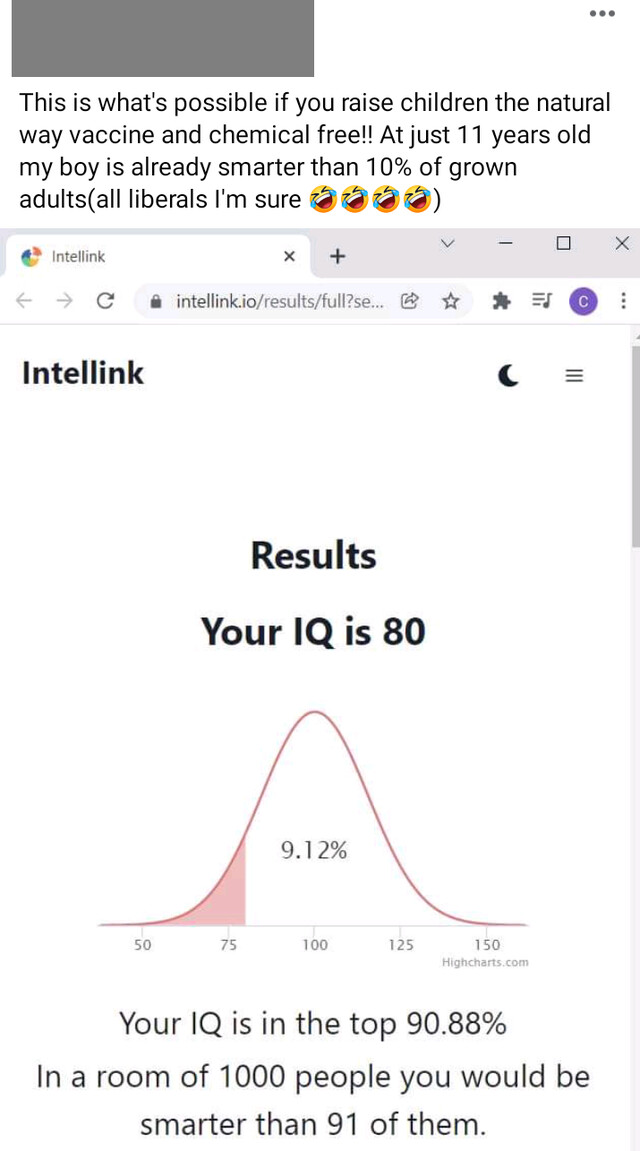
However, in many cases access is not easy or cheap. Therefore, before thinking about it, one must pay attention to the child and observe certain skills.
Now I mention you 12 questions to ask yourself to identify a gifted child :
If you have already asked yourself these questions and answered yes to most of them, this is a clear sign that your child is intellectually above average compared to children of his age.